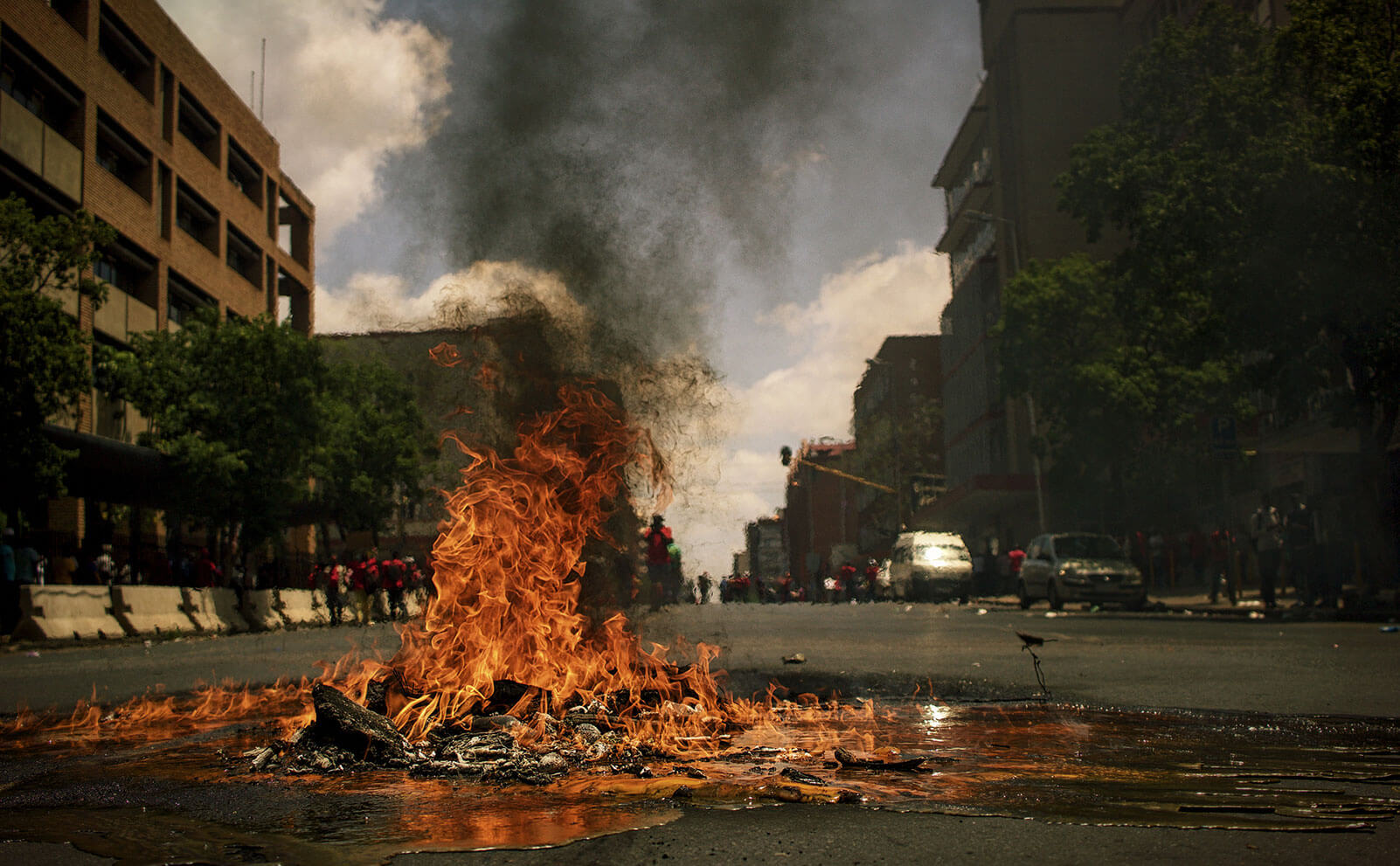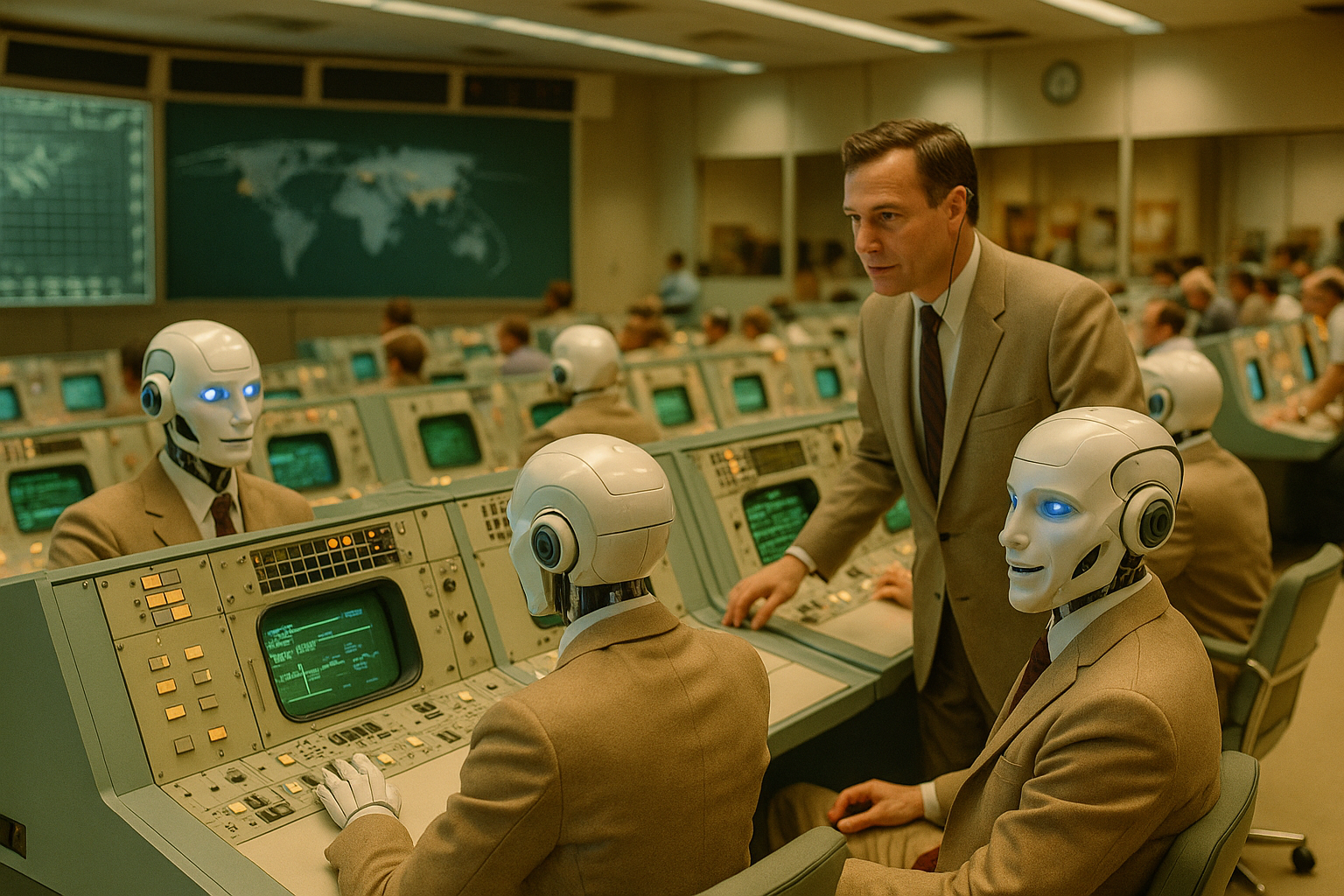Niall Ferguson is a network fan. In 2018 I already liked his book “The Square and the Tower” because he was able to give a new perspective to many events in history through the flow of information in social communication networks.
He wrote his latest book “Doom: The politics of catastrophe” during the coronavirus crisis. It went to press shortly before the vaccines were released. This time it’s about all kinds of disasters: volcanic eruptions, terrorist attacks, wars, earthquakes, financial crises, or floods and, of course, pandemics. Most of these examples are not unpredictable as natural disasters are. After all, wars, most famines and certainly pandemics are man-made or at least clearly influenced by us humans.
Disasters and their backgrounds
The first half of the book sheds light on disasters throughout history, peppered with many new details. And it is always about the question of whether the crisis or catastrophe was not predictable after all, once you grasp the entire system with its influences and communication structures. It takes a little patience to work through the book, but you are always rewarded with unexpected new insights, especially when it comes to the dynamics of pandemics.
For a long time, medicine and science were no helpers in preventing pandemics; it was more a game of trial and error. The greatest successes have come from hygiene measures, which have helped against all kinds of bacteria and virus attacks after the plague. “The real progress came from more mundane measures such as changes in housing conditions (for example, the use of stone and brick instead of wood and straw as building materials) and laws to improve the living conditions of workers.” As a result, the transmission routes (networks) for many germs have deteriorated and the greater proximity of people in cities has been compensated for.
The role of networks
The realization that crises and disasters do not occur in cycles, as many of his scientific colleagues often claim is important to Ferguson.
The coronavirus crisis and the developments described in detail in the various countries, with the fundamental failure of institutions in many states, make it clear that while presidents and governments bear responsibility, most outcomes depend on and are ultimately determined by modes of action and information flows between institutions. Hierarchies within organizations and networks between organizations therefore determine the ability of states and the global community to respond to global crises such as pandemics.
Social networks and the media make their own contribution to “infodemics” by actively distributing false reports and disinformation in their networks, thereby causing active damage just like the virus.
By evaluating the individual countries’ handling of coronavirus, Ferguson arrives at the question of which state systems have proven their worth during the coronavirus pandemic. The answer is devastating, as coronavirus has exposed the weaknesses of both the Western world and countries such as Russia and China.
And what does this mean for the network of states?
Ferguson’s conclusions are worth reading, because they are decisive for our near future: what will happen to the bloc formation? Are we already in a cold war with China? What happens if China and the US expect and/or force states to take a clear position?
“Asian countries do not want to be forced to choose between the two. If either side wanted to force such a choice – if Washington were to try to prevent the rise of China, or if Beijing were to try to make Asia its exclusive sphere of influence – they would begin a course of confrontation that would last decades and jeopardize the long-awaited Asian century… A confrontation between the two is unlikely to end like the Cold War, with the peaceful collapse of one of the two countries.”
As much as we are interested in the future and predictions, we are still human beings. And most of us are fortunately only spectators to the usual disasters and can therefore do one thing above all: forget!
“For the lucky majority, life usually goes on after the disaster, with the odd change perhaps, but on the whole amazingly, comfortingly, boringly the same. Surprisingly quickly, we put our encounter with our mortality behind us and carry on happily, forgetting the less fortunate and closing our eyes to the fact that the next catastrophe is already waiting for us.”
Exciting new connections, how networks and information flows also influence crises and disasters, and the realization that we humans talk a lot about whether we could recognize something beforehand – but then actually do nothing about it.
Further recommended reading on the topics of digital transformation and entrepreneurship can be found here on my blog or directly on Amazon.
Niall Ferguson
Doom: The Politics of Catastrophe
Publisher: Penguin Press, 496 pages, 26.99 euros
eBook 9.02 Euro



